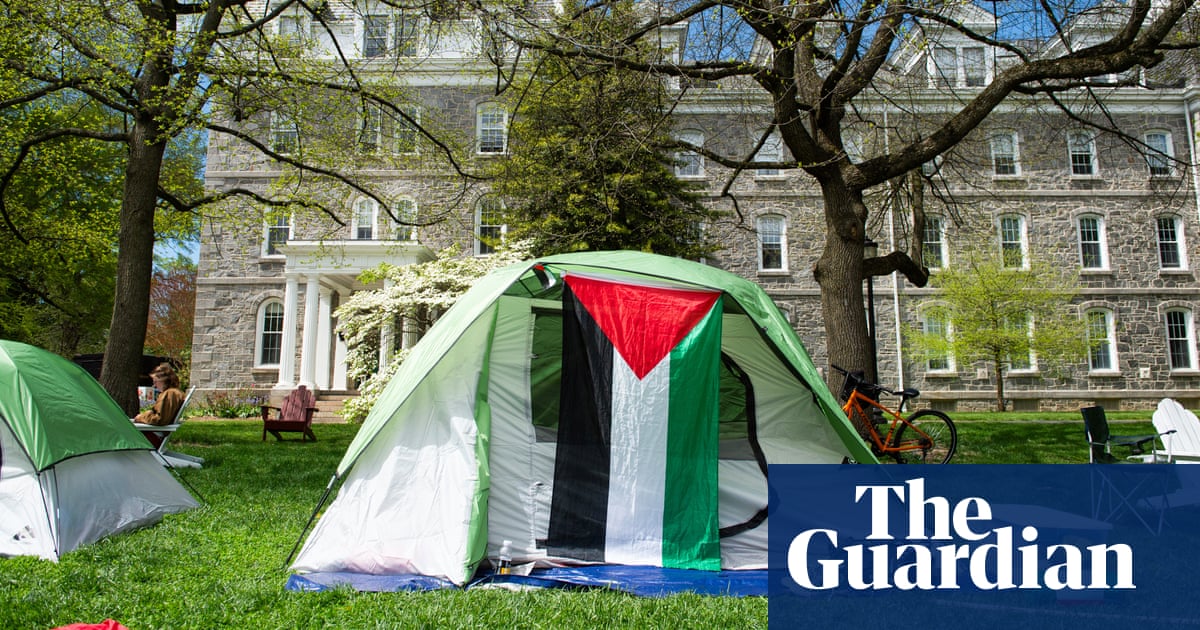Walking the aisles of his 120,000 sq ft warehouse, Jason Wouhra gestures towards boxes of crisps, of every conceivable brand and flavour, stacked high on towering 15m-tall shelves.
“We sell £18m worth of crisps every year. Just crisps,” he says. “Millions of boxes of food and drink come through here. We’re restocking every day. Yesterday when I came into work there were already eight lorries parked up on the street waiting to get in.”
Wouhra is CEO of Lioncroft Wholesale, one of the country’s biggest wholesalers, selling food and drinks products to over 10,000 businesses across the Midlands and further afield from its Birmingham and Wolverhampton depots.
Many of these customers are owners of independent corner shops, often husband-and-wife teams taking it in turns to man the shop and stock the shelves. His huge cash and carry on the edge of the Aston Expressway in north Birmingham has become an important social hub for them working in an increasingly tough market.
“It’s a very hard game to be in. You can imagine, a lot of these stores open at six in the morning and close at 10 at night. And they’re working with very small margins, there isn’t any fat to cut,” he says.
“And progressively, over the last two decades, they’ve faced head-on competition from big rivals, like the Tescos and Sainsbury’s of the world. But independent shops are the heart of their communities. We can’t afford to lose that, because it would fundamentally change the landscape of consumer choice in the UK.”
Wouhra says there has been a growing trend since Covid for people to manage their money by buying smaller baskets more frequently, rather than doing a big weekly shop, and corner shops have benefited from this.
But they’re up against corporate competition, inflationary pressures, energy cost increases and rises in the national minimum wage, which have all conspired to make running a corner shop harder than ever.
Confidence among small businesses has hit its lowest point in 10 years, outside of the Covid pandemic, according to the Federation of Small Businesses.
“We’re at the point where it’s unsustainable,” Wouhra says. “When you’re in a low margin industry, where do you go to make savings?”
Wouhra’s passion is helping these corner shops thrive in the face of tough competition – it’s in his bloodstream, he says, because of his background.
His father and uncles set up East End Foods, an Asian food company specialising in spices, lentils and rice, in Wolverhampton in 1972, after moving to the UK from India.
“You can imagine being in a family business, I was involved from an age where I could barely walk. I was in and around the business, playing in the warehouse and eventually stacking shelves,” he says. “When I was seven or eight, I remember getting told off by one of the managers for not stacking things properly. And that has still stuck with me today.”
That business became one of the most successful Asian food brands in Europe; the family sold it to a private equity firm in 2019.
But Wouhra says he wasn’t ready to hang up the reins yet, and the following year he bought back the wholesale arm of the business which he now runs as Lioncroft, with the support of his wife, Daali, his parents and younger brother.
“It’s a challenging business. Before, the family as a unit were all together and it was a very big company. Now all of a sudden I’m on my own and I’ve got to run this business, I’ve got to make a success of it. It’s the legacy of my family,” he says.
Lioncroft works with hundreds of brands to secure stock and promotional deals, that are then sold on to the thousands of corner shops, restaurants, takeaways and cafes who shop at their warehouse. The company also helps advise stores on specialisms, such as ethnic food offerings, that some corner shop owners may not know much about.
after newsletter promotion
“More and more people cook at home, so they want to go into a local store and be able to pick up that stuff and it be available,” Wouhra says.
He also the interim chair of Unitas, the UK’s biggest independent wholesale buying group, with buying power of £8bn.
“Food and drink wholesale is a massive industry. But because it sits in the background, people don’t necessarily recognise how big it is,” he says. Research by the Federation of Wholesale Distributors found that food and drink wholesalers support 1.5m jobs across the UK, and generated £57bn of value added to the economy in 2023/24.
“Independently owned businesses, even today, are the lifeblood of the economy. It’s just that regulators aren’t seeing or acknowledging it. They’ll always err towards bigger corporate operators,” he adds.
Wouhra says “the high street has been decimated” in recent years, and the government needs to take action to fill the empty shops that litter towns and cities, and help people get businesses off the ground.
“Do we all just want to sit in front of a computer screen and shop? I doubt it,” he says. “I think the consumer wants more choice. And the only way you’ll get that is through independent traders, entrepreneurs who build up their own business and look after their customers one-to-one.
“So that would be my biggest ask, whether through tax savings or other incentives: what can policymakers do to regenerate the high street, because it’s been absolutely battered.”
Wouhra, who was recently appointed as the chancellor of Aston University, the first Sikh to hold such a post at a European university, says he likes to think the success his family achieved could be replicated under present day circumstances, but it is “becoming more difficult”.
“We’re an immigrant family. My family came here in the late 60s with three quid. They created something out of necessity, and that necessity became an entrepreneurial spirit,” he says. “There will be thousands of families and individuals with a dream like that, of where they could take their life. We need to create the landscape for them to do that.”
CV
Age 47
Family Wife
Education Wylde Green College, Sutton Coldfield; St Philip’s Sixth Form College, Birmingham; BA in Law with Business, Staffordshire University; LLM in Commercial Law, Staffordshire University; Charter director qualification, Institute of Directors (youngest in the world at the time to achieve that qualification).
Pay Undisclosed.
Last holiday South of France.
Best advice he’s been given ‘Work hard and the results will look after themselves.’
Biggest regret ‘Not having gone into my own business sooner.’
Phrase he overuses ‘Move at pace and keep things simple.’
How he relaxes ‘Good food and rubbish TV.’

.png) 1 month ago
24
1 month ago
24













































